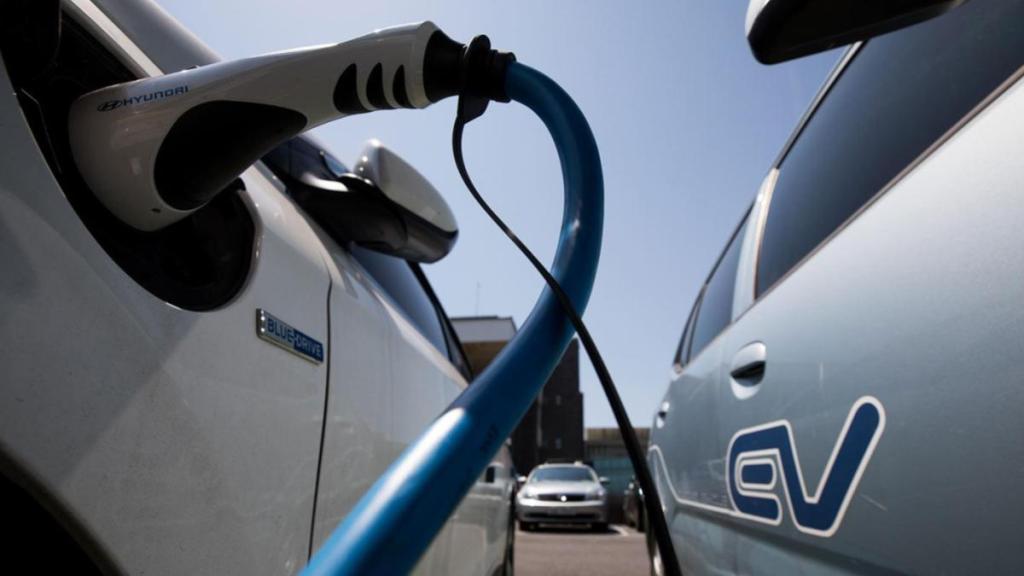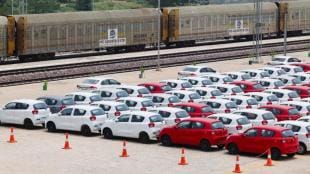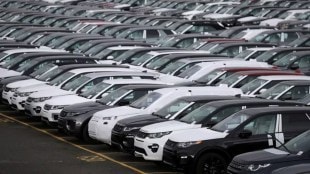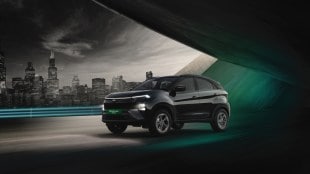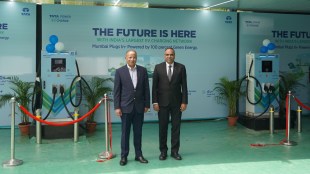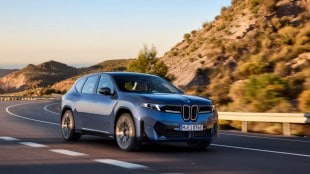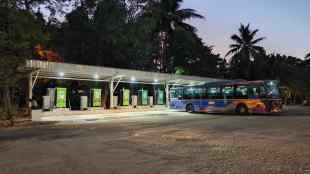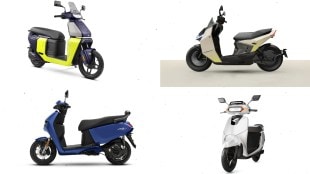Maharashtra has launched the new electric vehicle (EV) policy 2025 that targets every one out of three vehicles registered to be an EV. The policy is in effect now till March 30, 2030. Maharashtra aims to be a leader in the EV sector in India by offer incentives for buyers and manufacturers.
Maharashtra EV Policy: What are the incentives?
By implementing this policy, the state wants to prevent 325 tonnes of PM 2.5 emissions and 1000 tonnes of Greenhouse Gas (GHG) emissions from the transport sector by 2030 as part of the Clean Mobility Transition Model.
The policy proposes incentives of up to Rs 2 lakh for electric four-wheelers used for transport and Rs 20 lakh for electric buses. One lakh EV two wheelers, 25,000 transport category EV four wheelers and 1500 EV private as well as city buses will get these incentives.
It also provides for complete exemption from Motor Vehicle Tax and registration renewal fees for EVs registered during the policy period.
If you frequently use the Expressways then there is some great news as the policy offers 100% exemption from toll on Mumbai-Pune and Mumbai-Nashik Expressways. A steering committee chaired by the chief secretary will also take a decision about granting tax exemption to EVs in phases on the remaining roads under the jurisdiction of the Public Works Department.
Maharashtra EV Policy: Infrastructure Plans
According to the 2025 policy, Maharashtra will set up charging stations in every 25 km interval on the highway and at least one charging facility at every government office parking lot. Furthermore, fuel stations will have to set up at least one charging stall. The state government will offer funding of up to 15% for setting public charging stations.
The new policy mandates that all new residential buildings must be fully equipped with 100% EV charging readiness, including at least one community charging station. For new commercial buildings, 50% of parking spaces must be allocated for EV charging. Additionally, existing commercial buildings with shared parking are required to have operational chargers in at least 20% of their parking spaces.
Government departments are directed to purchase only electric vehicles for city travel. In major cities such as Mumbai, Pune, Nagpur, Nashik, Chhatrapati Sambhajinagar, and Amravati, half of all city utility vehicle acquisitions must be electric.
Maharashtra EV Policy: To promote sustainable innovation
Maharashtra will back research and development in areas like alternative battery chemistries, motor technologies, vehicle-to-grid integration, and green hydrogen production. A dedicated fund of Rs 15 crore, known as the Chief Minister’s EV R&D Grant, will be established to support these initiatives.
The Maharashtra State Board of Technical Education (MSBTE) plans to launch specialized courses in EV design, battery technology, charging infrastructure, power electronics, and energy management, incorporating standardized safety assessments, including thermal runaway testing for batteries.
